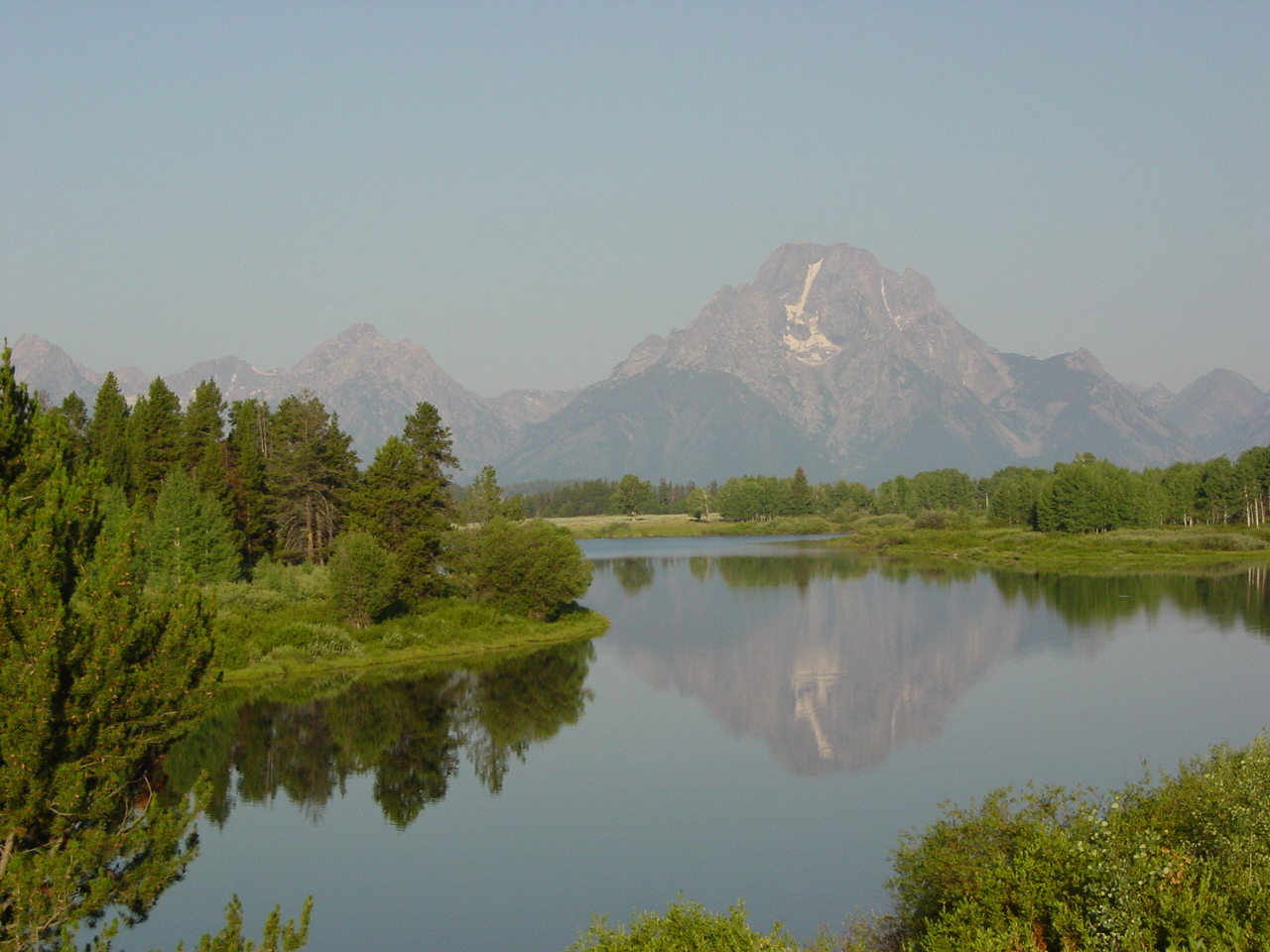Mass Communication Law (COJO 4500)
Fall, 2015
Instructor: Phil Roberts
Time: T, Th, 1:20-2:35 p.m.
Place: Engineering 3102
Office: 356 History Bldg.
Email: philr@uwyo.edu
Office Hours: M, 2-3 p.m.; T, 11 a.m.-12:30 p.m., and by appointment
COURSE OBJECTIVE:
This course studies the practical legal application to mass media practice. Included will be considerations of First Amendment protections, libel, copyright, open meetings/open records laws, privacy, and application to newspapers, broadcast outlets and the internet. (No specific readings on broadcast or the internet are included because it is assumed that the issues we discuss will relate to the media across the board. If not, those differences will be address by topic). Legal issues arising from day-to-day journalism operations will be considered from the perspective of the working journalist and publisher. Constitutional, statutory and administrative regulation will be considered, with particular emphasis on the impact on Wyoming journalism. Students entering the class are not expected to be conversant with either the contents of the readings and discussions nor the pedagogical methodology. These will be learned as we proceed. Students in this class are not being trained as media lawyers, but as informed practitioners of journalism in its many forms,
COURSE PROCEDURES:
The course, by designation in the catalog, a lecture class, but it will contain a significant amount of student interaction. In essence, many of the sessions will rely on a modified Socratic method, intending to allow students to arrive at satisfactory conclusions without dictation from the instructor.
COURSE REQUIREMENTS:
Students are expected to keep up with the assigned readings and participate in the class discussions. Of course, without doing the reading, meaningful class participation is impossible. This class will not be a free-wheeling discussion based on contemporary events in the news. Nonetheless, when a noteworthy media law incident does occur, the class is expected to be conversant with the issues such an incident may raise. Accordingly, such incidents may become part of class discussion.
READINGS:
The primary text is: Don Pember and Clay Calvert. Mass Media Law. 19th Ed., (2015). Other readings, particularly with respect to media issues in Wyoming, will be drawn from web sources and the Wyoming Constitution.
EXAMS:
All three exams will be essay in structure, but in the form of addressing the issues raised in a hypothetical fact situation, not unlike what is required in legal reasoning.
The course will have three exams–two “mid-terms” and the final, each worth 100 points. Additional points will be awarded for completion of brief (often unannounced) legal exercises (50 points), and for meaningful class participation/attendance (50 points).
Grading will be done on the basis of the following point scale: A: 360-400 points (90%-100%) B: 320-359 points (80%-89%) C: 280-319 points (70%-79%) D: 240-279 points (60%-69%) F: 239 or fewer. The grades in this course will not be “curved.” You will earn your own grade regardless of what others in the class may do. Everyone could earn the grade of “A,” but also the grade of “F.”
PLAGIARISM AND ACADEMIC DISHONESTY: Students are expected to know and understand the university’s policies on plagiarism and academic dishonesty. The university rules will be strictly enforced in this class. Academic honesty policy
Schedule of Lectures, Readings and Exams
Tues., Sept. 1: Introduction
Thurs., Sept. 3: No class. (Professor is out of town doing a public presentation).
Tues., Sept. 8: The American Legal System.
Reading: Pember, Chap. 1, pp. 2-34.
Thurs., Sept. 10: Legal System (continued)
Tues., Sept. 15: The First Amendment: Historical Context
Reading: Pember, pp. 36-54
Thurs., Sept. 17: Seditious Libel
Reading: “Murder in the Freeze-outs: Loyalty, Sedition and Vigilante Justice in World War I Wyoming”
This article also available in Annals of Wyoming 85 (Winter 2013)
Reading: Pember, pp. 54-74
Tues., Sept. 22: Prior Restraint: Near v. Minnesota
Reading: Pember, pp. 74-82
Thurs., Sept. 24:1st Amendment in Today’s America
Reading: Pember, pp. 82-110
Tues., Sept. 29: Free Press, Protests and the Public Forum
Reading: Pember, pp. 111-123
Reading: The Black 14
Thurs., Oct. 1: Guest Speaker.
Tues., Oct. 6: Hate Speech to Net Neutrality
Reading: Pember, 124-142
Thurs., Oct. 8: 1st Mid-Term Exam
Tues., Oct. 13: Libel: An Introduction
No assigned reading
Thurs., Oct. 15: Libel (continued)
Reading: Pember, pp. 143-174
Tues., Oct. 20: Libel: Proof of Fault and New York Times v. Sullivan
Reading: Pember, pp. 176-196
Thurs., Oct. 22: Libel: The Meaning of Fault; Negligence and Actual Malice
Reading: Pember, pp. 197-212
Tues., Oct. 27: Libel: Defenses in Detail
Reading: Pember, pp. 213-231
Thurs., Oct. 29: Opinion as a Libel Defense and Other Defenses
Reading: Pember, pp. 232-245
Tues., Nov. 3: 2nd Mid-Term Exam
Thurs., Nov. 5: Invasion of Privacy I
Reading: Pember, chap. 7
Tues., Nov. 10: Invasion of Privacy II
Reading: Pember, chap. 8
Thurs., Nov. 12: Gathering Information
Reading: Pember, pp. 320-366
Tues., Nov. 17:Open Meetings
Reading: Pember, pp. 367-389
Thurs., Nov. 19: Protection of News Sources I
Reading: Pember, pp. 392-399
Tues., Nov. 24: International Media Law
No class meeting. Work on FOIA writing assignment due Dec. 1.
Thurs., Nov. 26: NO CLASS (THANKSGIVING BREAK)
Tues., Dec. 1: Protection of News Sources II
Reading: Pember, pp. 400-438
Thurs., Dec. 3: Free Press/Fair Trial
Reading: Pember, pp. 442-454
Tues., Dec. 8: Free Press/Fair Trial II
Reading: Pember, pp. 455-466
Thurs., Dec. 10: Quick Primer on Copyright
No reading.
FINAL EXAM: Due on Tues., Dec. 15, on or before 5 p.m., MST.
